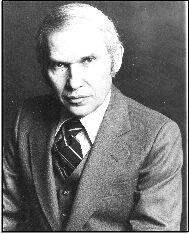- Try to find out the names of the province, district, and towns that your relatives came from. In Poland there can be a half dozen towns with the same name, each from a different region of the country. Be aware that town names have changed depending upon who the current occupying power was at the time (e.g. Wroclaw was Breslaw).
- If you are planning to travel to Poland write to the National Archives Office in Warsaw to get your permit to do research in regional archives.
- Hire the best translator you can find. In this case cost is not a guarantee of quality.
- The characteristics of a good translator are: a) fluent knowledge of English, Polish and Russian (records of the years 1868-1918 were kept in Russian), b) a friendly, outgoing personality ( the clerks at the archives can be and often are uncooperative, so the charms of your translator can go a long way), c) someone who is comfortable at doing dull, tedious, and boring work, d) and is able to decipher handwriting that varies from fine penmanship to chicken scratches - there is more of the latter than the former.
- Be prepared to offer gratuities.
- Be flexible, patient, and realistic in your expectations. The conditions of the records at the archives are generally in complete disarray. The clerks have only the faintest idea of what records exist under their jurisdiction. Expect to be told that the records you desire are at another location. But they generally are not there. In truth no one really knows where they are! Luck and persistence are the greatest factors in successful searches.
Dr. Rosenzweig would be happy to answer any
specific questions pertaining to the area of genealogy and is available
as a consultant.
